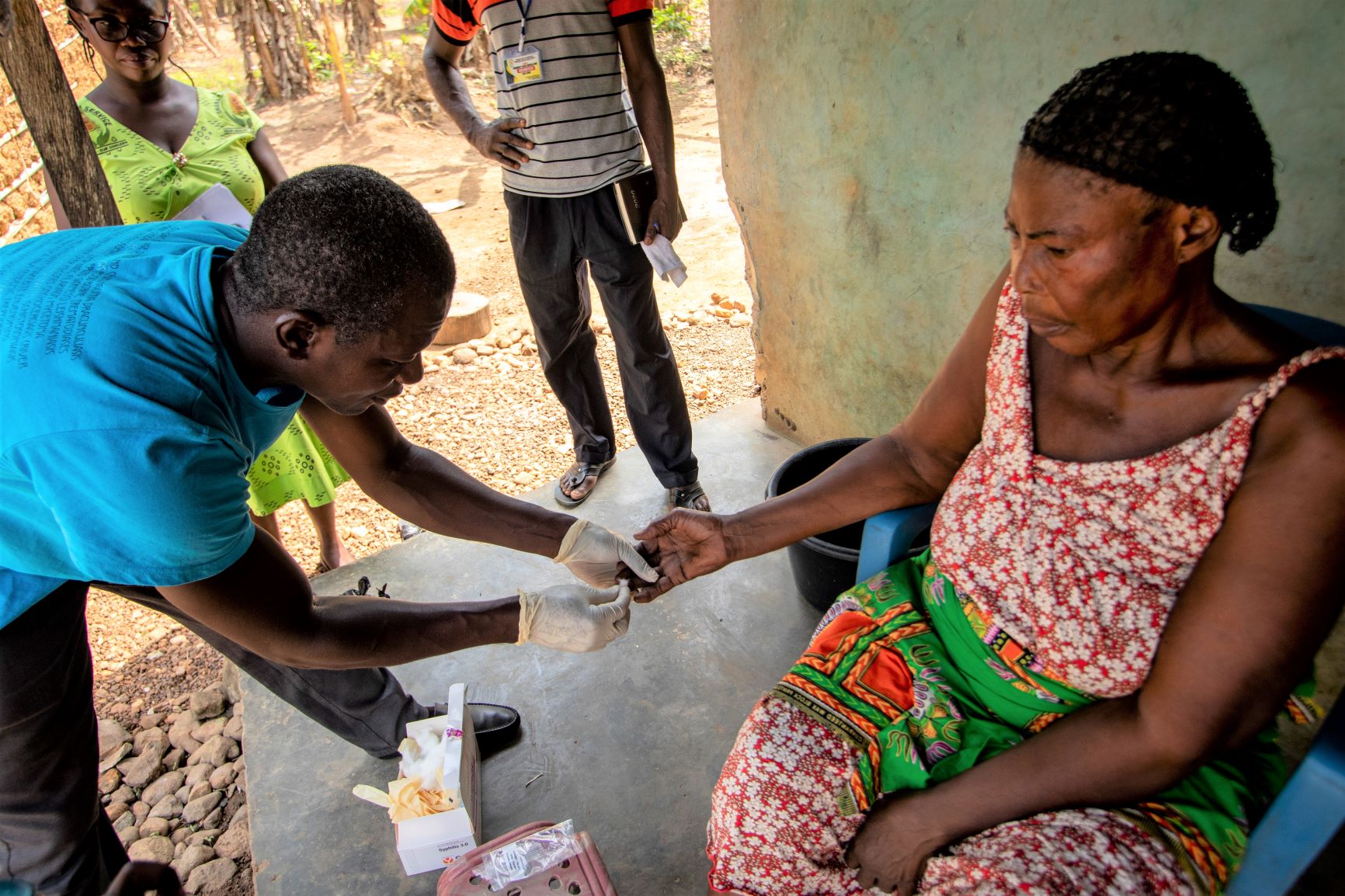COVID-19: Putting people at the centre of development for SDGs attainment
The COVID-19 pandemic is a threat to human security. It has exposed gaps in the health, economic, and social systems of many societies. The pandemic has also led to a global economic crisis that is translating into mass unemployment, economic recession, disrupted supply chains, and food and resource insecurity. The financial and psychological burden on breadwinners has heightened prevailing gender inequalities, vulnerabilities, and abuse.
Today’s world is gradually becoming more insecure with emerging threats to human security on many fronts. The economic downturn due to the pandemic has reversed previous development gains and undercut prospects for peace and stability. These challenges, if not addressed, could prevent many countries from attaining the agenda 2030 for sustainable development.
With nine years left to the attainment of the Sustainable Development Goals (SDGs), it has become imperative to accelerate a people-centred recovery from COVID-19 that both protects and empowers, to leave no one behind. It is in this light that the United Nations Development Programme (UNDP) continues to engage partners to build back stronger together to get back on track to the SDGs.
In Ghana, UNDP is mobilizing partnerships with all stakeholders to accelerate a green and resilient response to COVID-19 towards the attainment of the SDGs. Working in close collaboration with the UN system and the Government, UNDP’s COVID-19 interventions focus on three pillars: supporting health systems, promoting inclusive and risk communications, and addressing socio-economic impacts.
UNDP also continues to work with partners on various development initiatives to counter threats to human progress while advancing policies and actions related to climate change and environmental sustainability, peace and democratic governance, and inclusive development.
Read More: ‘NAPO’ Shows Maturity During Vetting over Comments on JM & Prof. Opoku Agyemang
For example, in the area of peace and governance, the Government of Japan has been a strong partner of UNDP and the Government of Ghana. Building on similar interventions in the past, the Kofi Annan International Peace Keeping Training Center (KAIPTC) in partnership with UNDP and with funding from the Government of Japan, commenced a project last year to develop the technical capacity of maritime crime control officials in Côte d’Ivoire, Benin, Ghana, Liberia, Nigeria, Sierra Leone, and Togo. By enhancing maritime security in the Gulf of Guinea region, communities along the coast that are dependent on marine resources will benefit from improved livelihoods. Countries will also benefit from increased trade while closing security gaps exploited by extremist groups. This year, Japan and UNDP are also carrying out additional activities to improve the ability of state institutions and civil society to prevent and counter terrorism and violent extremism in coastal states in West Africa.
In the area of health, through the Access and Delivery Partnership, UNDP with its partners and with thanks to funding from Japan, are working to ensure that life-saving health technologies reach many communities in Ghana. For instance, the Ghana Health Service (GHS) is seeking to eradicate neglected tropical diseases like yaws from the country through mass drug administrations. Through the existing partnerships, UNDP and Japan are supporting a COVID-19 initiative to strengthen community health systems for continued uptake of essential health services by the vulnerable during the pandemic.
The ambitious Sustainable Development Goals can best be achieved through partnerships and multilateralism. Together, the world can advance human security in all its dimensions, to advance and protect human development, in order to secure a better future for all people and the planet.


